As the Supreme Court weighs in on one of the most important cases of homelessness in America, the country is experiencing soaring numbers of people who can increasingly not afford a place to live.
As the number of people sleeping in public increases, American cities are grappling with trying to deal with this problem through enforcement actions that criminalize and penalize people sleeping in parks, on the side of the road, and on sidewalks.
Record Homeless Rates
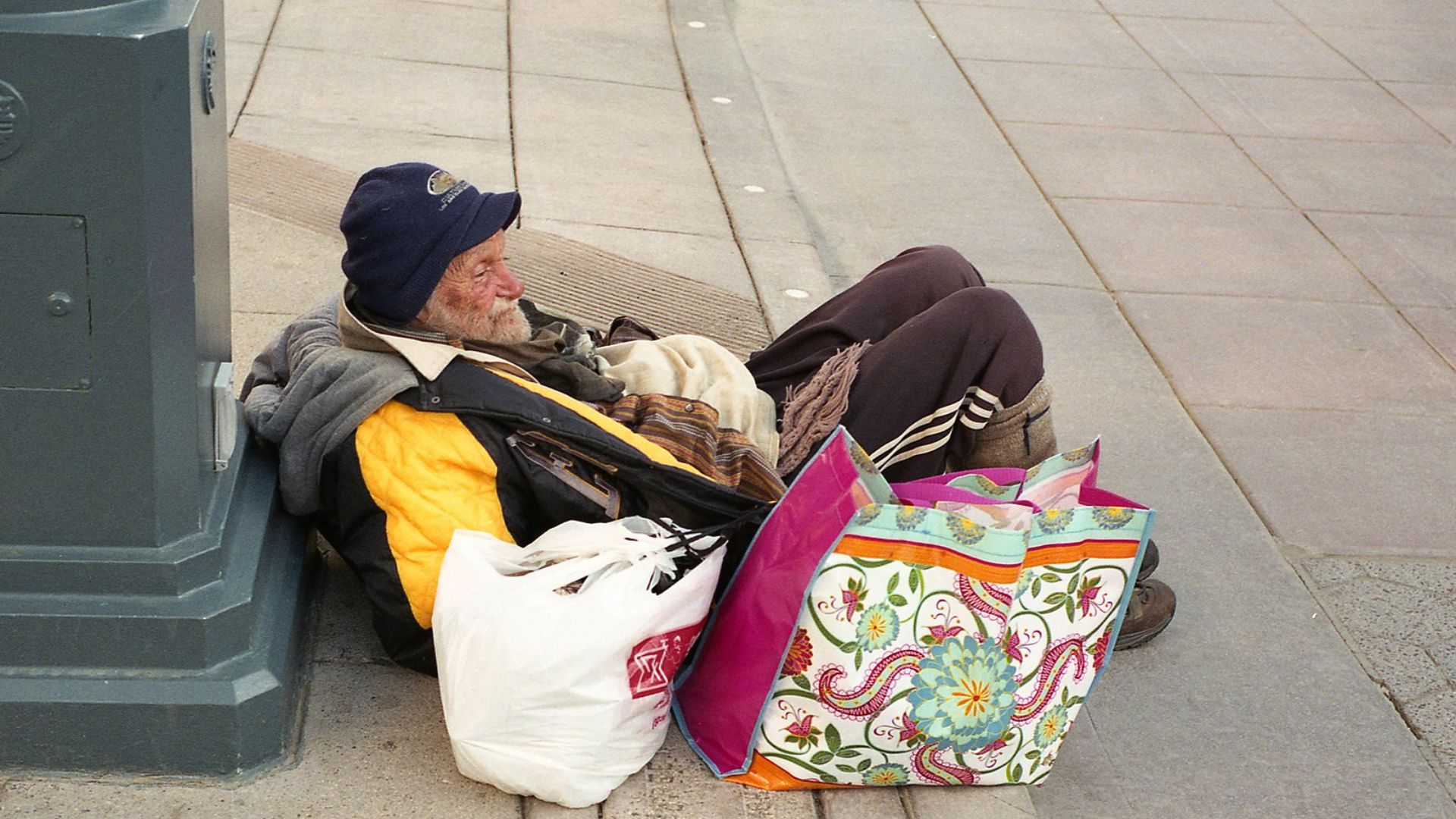
In December, AP News reported that the United States has seen a recent 12% increase in homelessness amounting to record high levels. A combination of high inflation, soaring rent, housing prices, and an end to the pandemic assistance cash for Americans has made housing increasingly unobtainable for many people.
Around 653,000 people were homeless in America last year, a number that is the highest since the United States started using yearly survey data to track these figures in 2007.
Homeless For the First Time
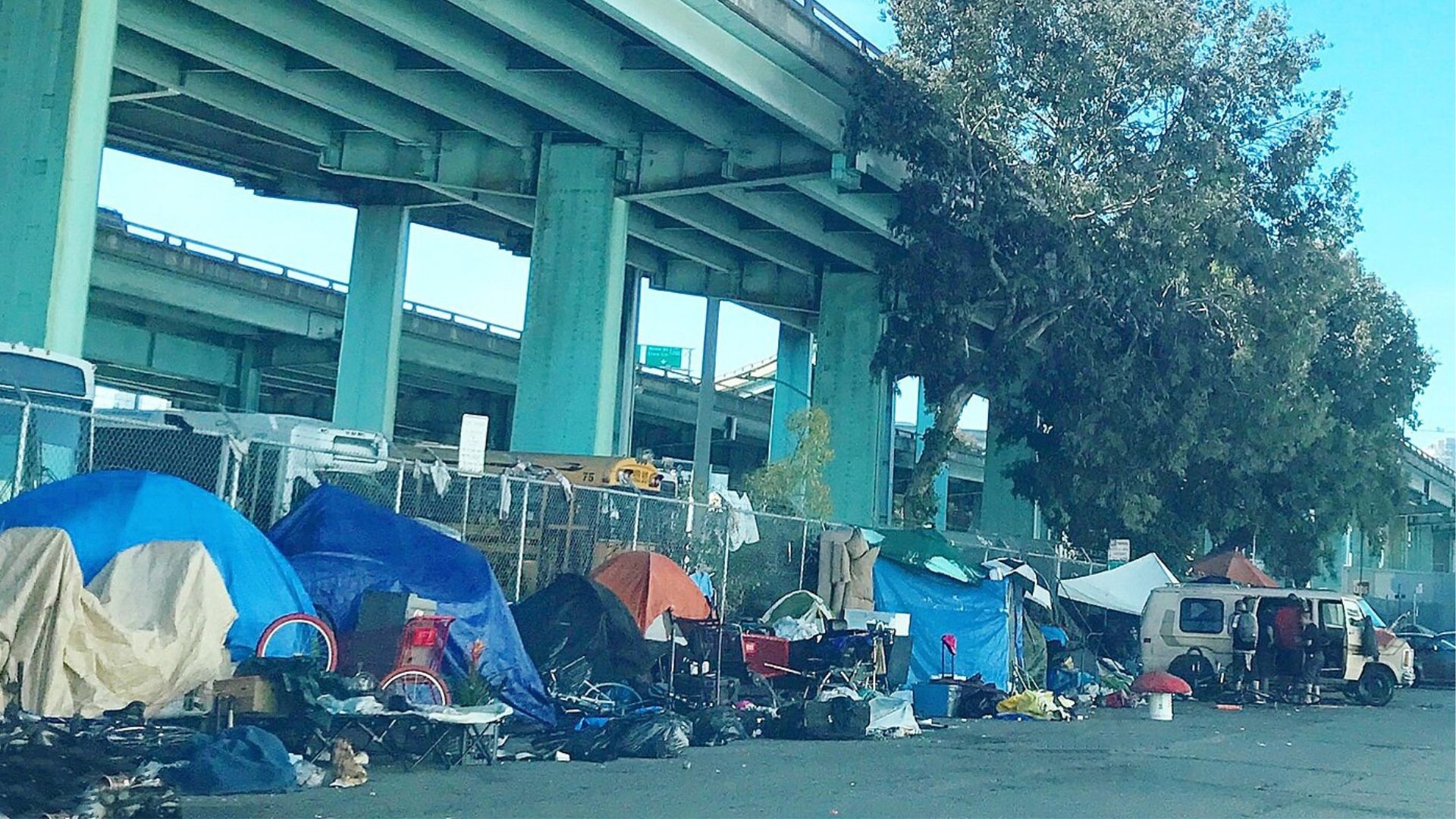
In addition to record levels of homelessness being observed by federal officials, the number of people becoming homeless for the first time has increased as well. There has been a recent rise in family homelessness, which ended a previous downward trend for this statistic that had been falling since 2012.
Much of the blame for the record-high numbers is thought to be caused by the rise in first-time homelessness.
Supreme Court Case
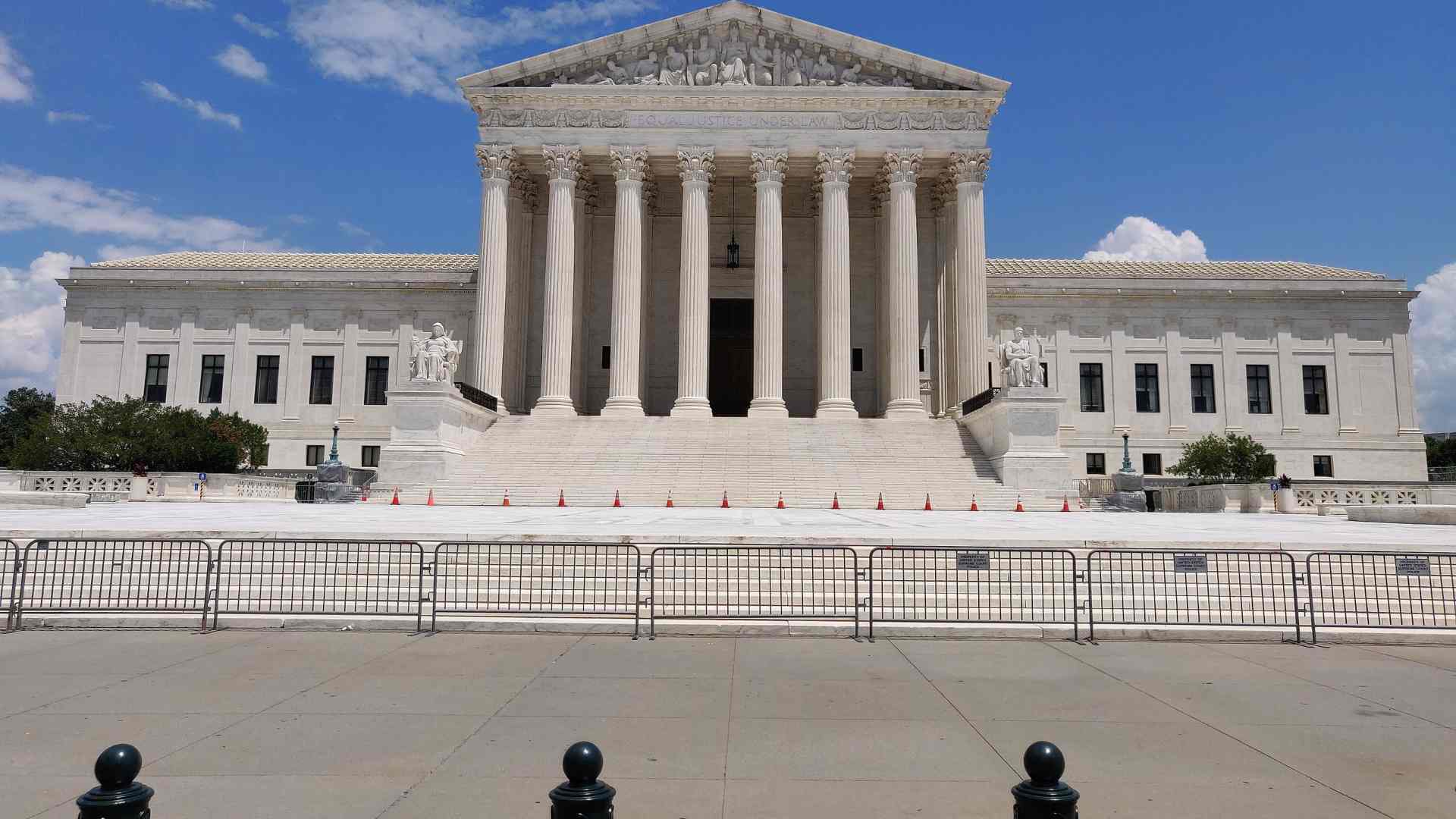
Currently, the US Supreme Court is hearing arguments in a case over whether or not a controversial ban on homeless camps instituted in an Oregon city violates the Constitution.
On Monday, a majority of Supreme Court justices appeared sympathetic to the city of Grants Pass criminalizing the act of sleeping outside without a permanent residence as the city struggles to maintain public health and safety standards. The court is expected to produce a ruling on the case by June.
The City’s Argument
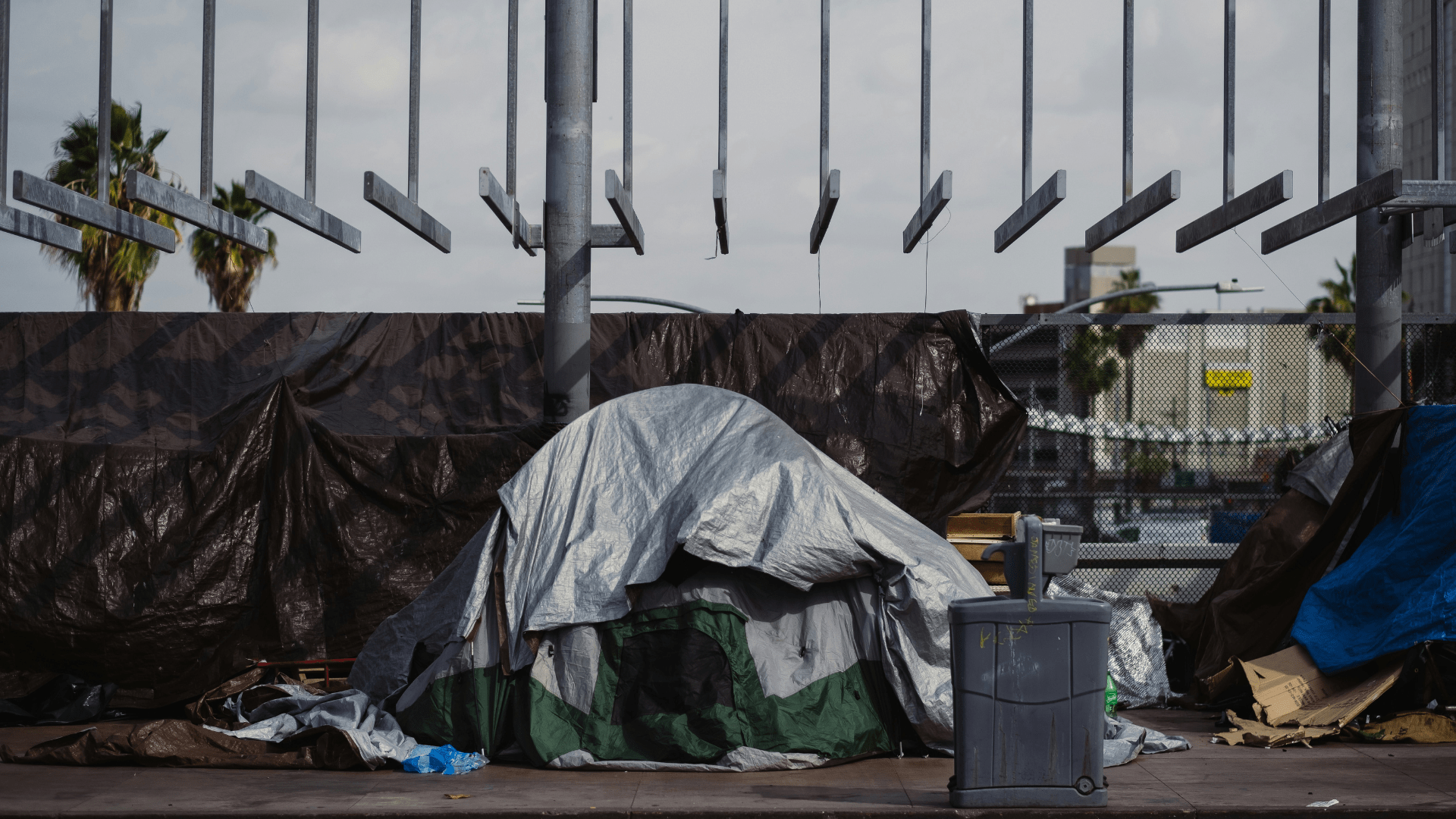
The city of Grants Pass attorney Theane Evangelis made the case that these laws are important for maintaining safety during oral arguments.
“These generally applicable laws prohibit specific conduct and are essential to public health and safety,” Evangelis said. As homeless encampments continue to grow they can present a health hazard due to the improper disposal of trash and the crowding of public areas.
City Ordinances
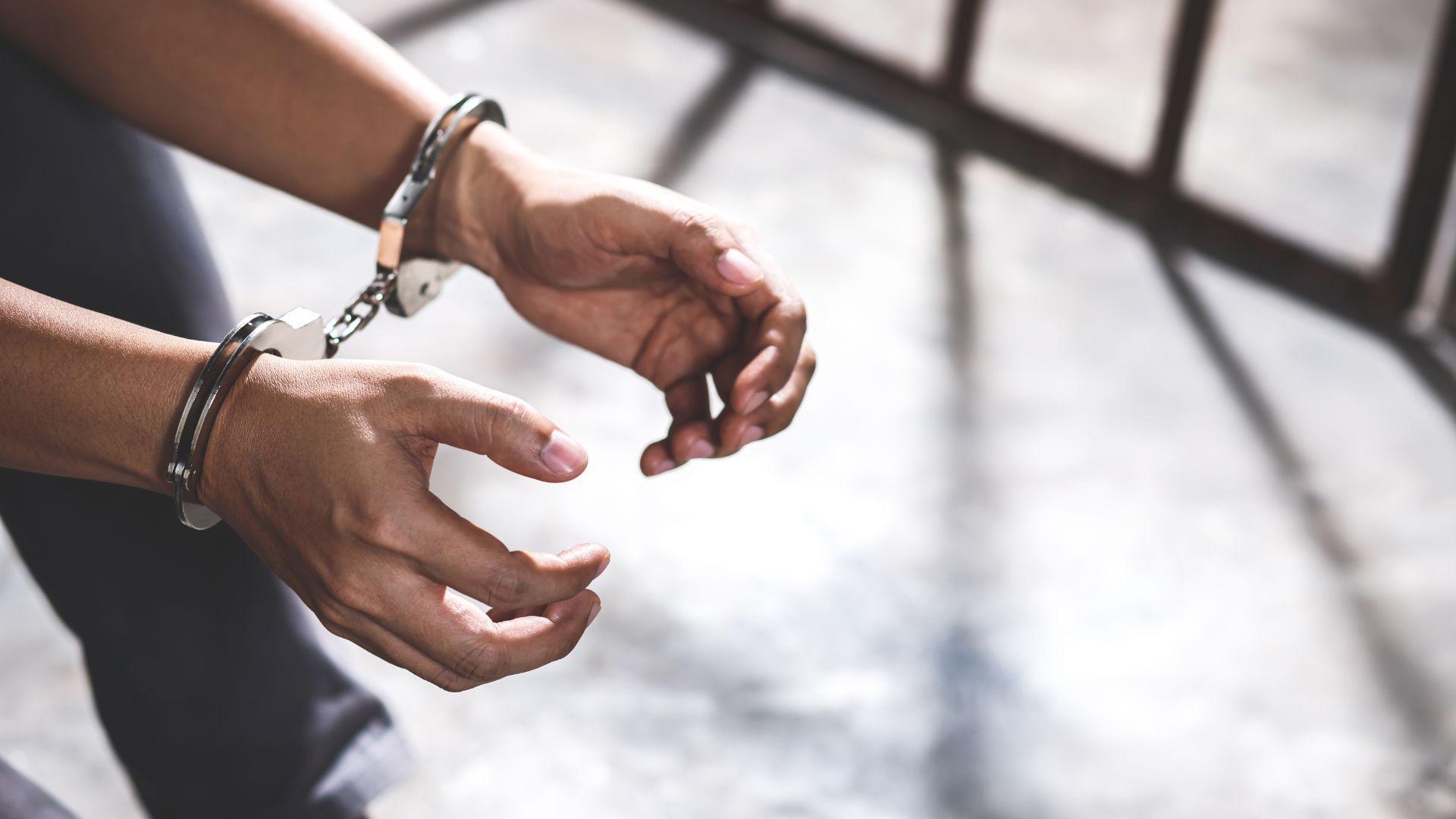
The case in the Supreme Court examines three different ordinances in Grants Pass. When combined the ordinances make it harder for people to sleep in public streets and parks, imposing a $295 fine and imprisoning repeat offenders.
One city ordinance also bans people using blankets or pillows to protect themselves from adverse weather who are sleeping outside.
Ninth Circuit Court of Appeals
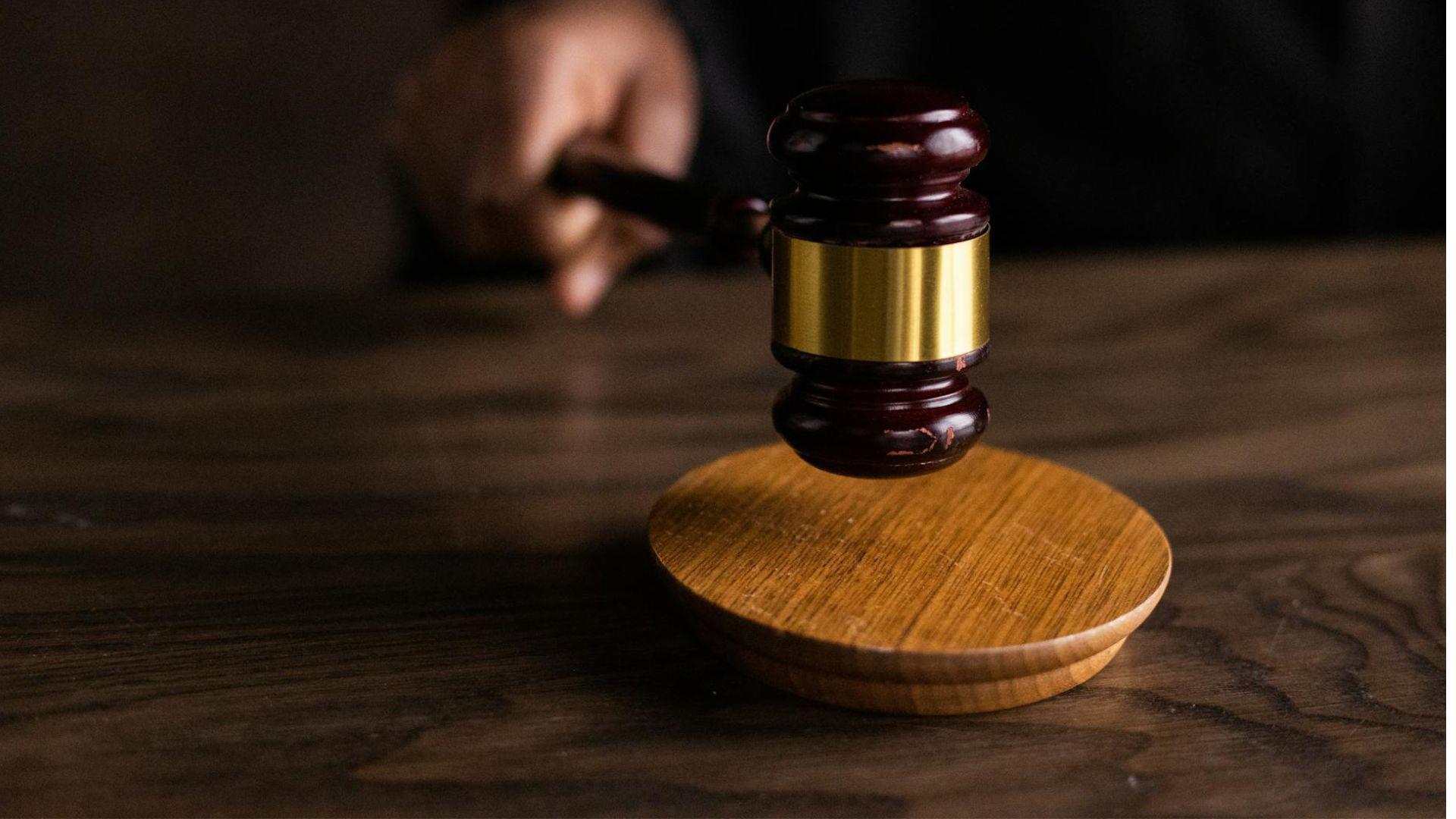
Previously, the United States Court of Appeals for the Ninth Circuit had determined that the city ordinance falls under a violation of “cruel and unusual punishment” described in the 8th Amendment of the U.S. Constitution.
However, questions remained about where the line is for public behavior that affects everyone and whether a city could for example make laws against public urination and other things people living on the street need to do to survive.
Conservative Agreement
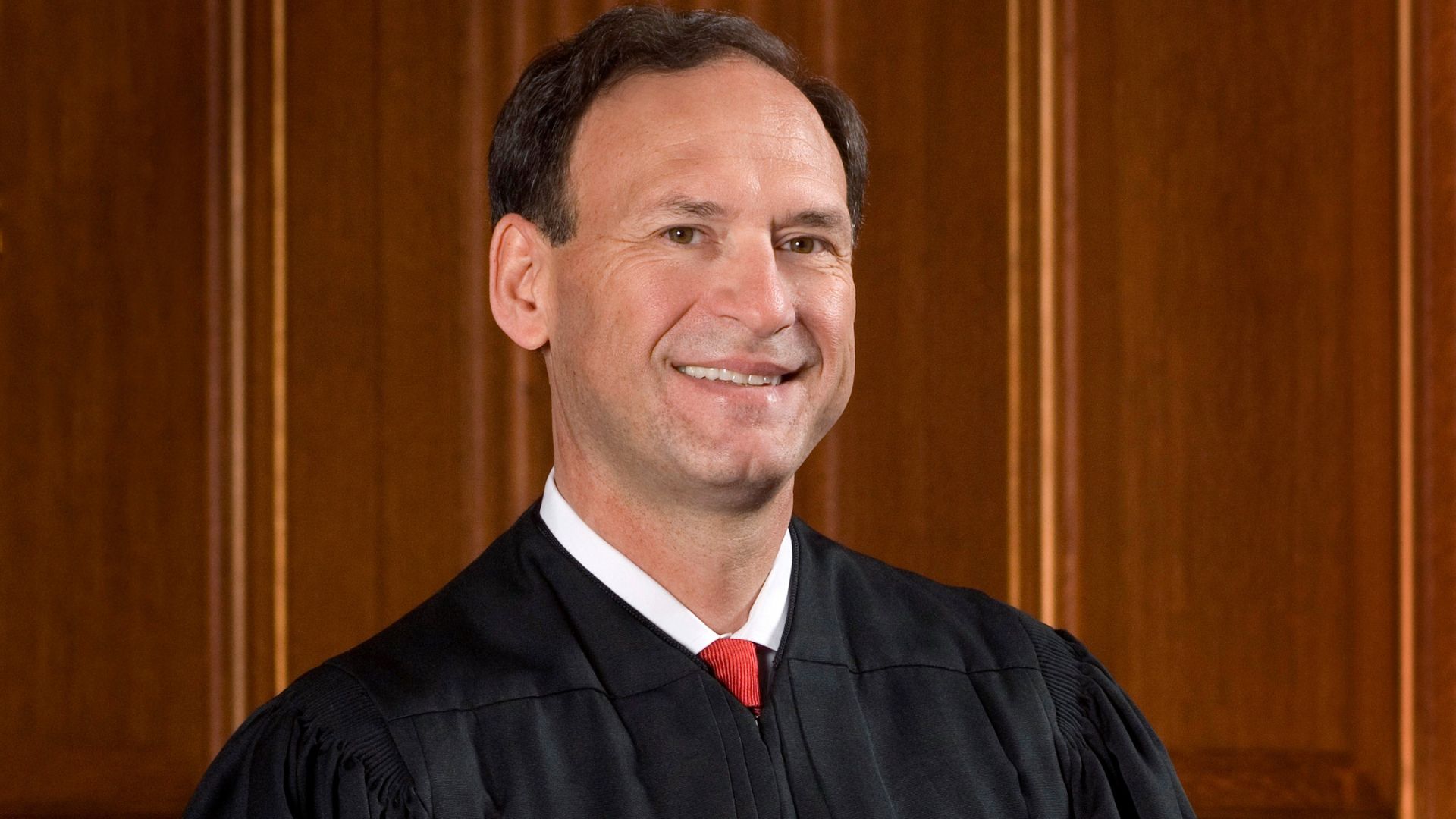
The conservative majority in the court seemed to take the city’s side on passing restrictions that prohibit certain actions. This ignited a debate on whether being homeless is an immutable quality like drug addiction and should be given special consideration.
“What if the person finds that person in a homeless state because of prior life choices or their refusal to make future life choices?” asked Justice Samuel Alito.
Not the Best People to Decide
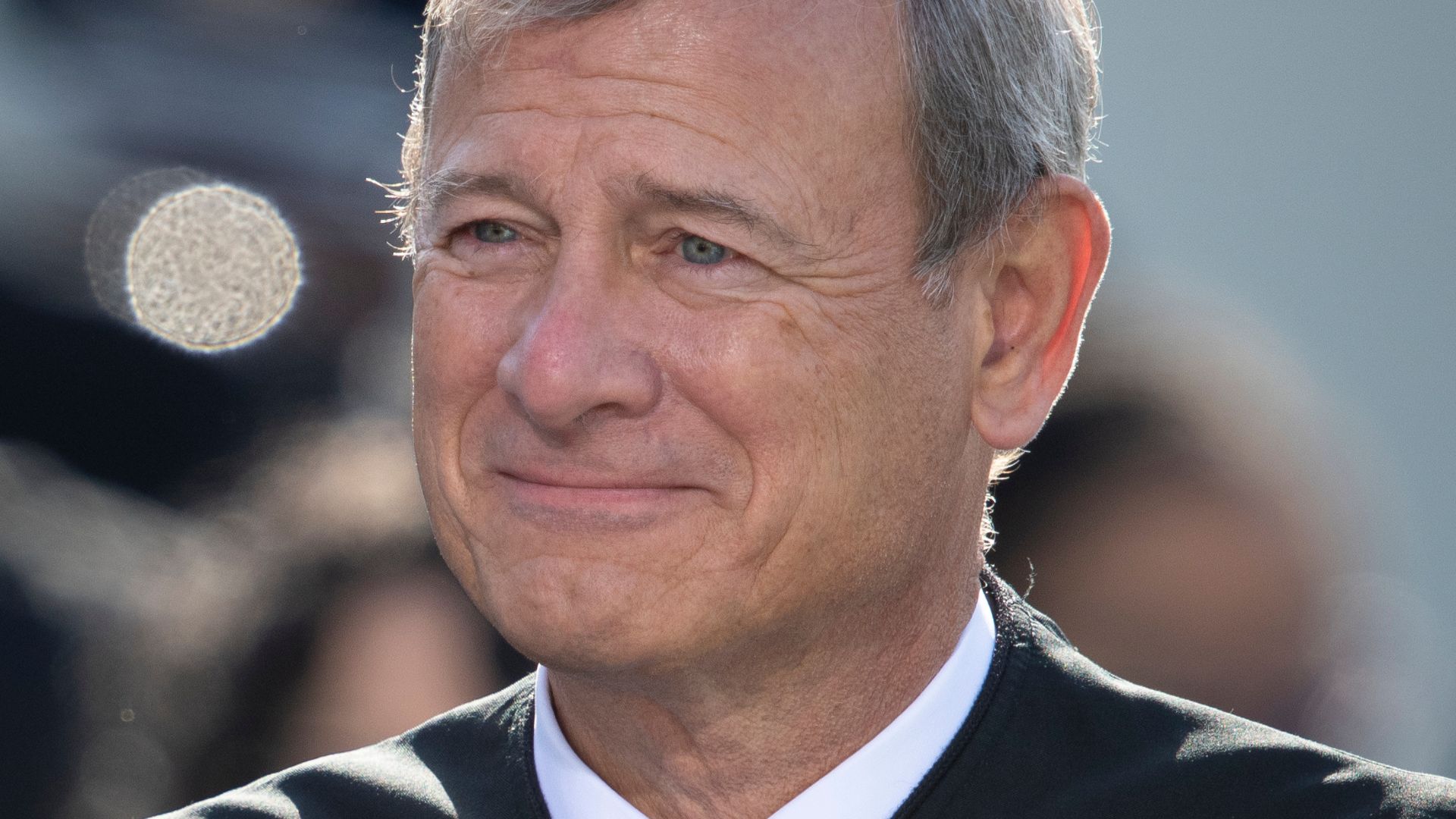
Chief Justice John Roberts voiced a concern that the nine justices in the Supreme Court aren’t the best people to make policy decisions, with Justice Clarence Thomas questioning whether this case is a constitutional issue at all.
“This is a serious policy problem,” said Chief Justice John Roberts, “and it’s a policy problem because the solution, of course, is to build shelter to provide shelter for those who are otherwise harmless. But, municipalities have competing priorities … Why would you think these nine people are the best people to judge and weigh those policy judgments?”
Liberal Justice Opinion
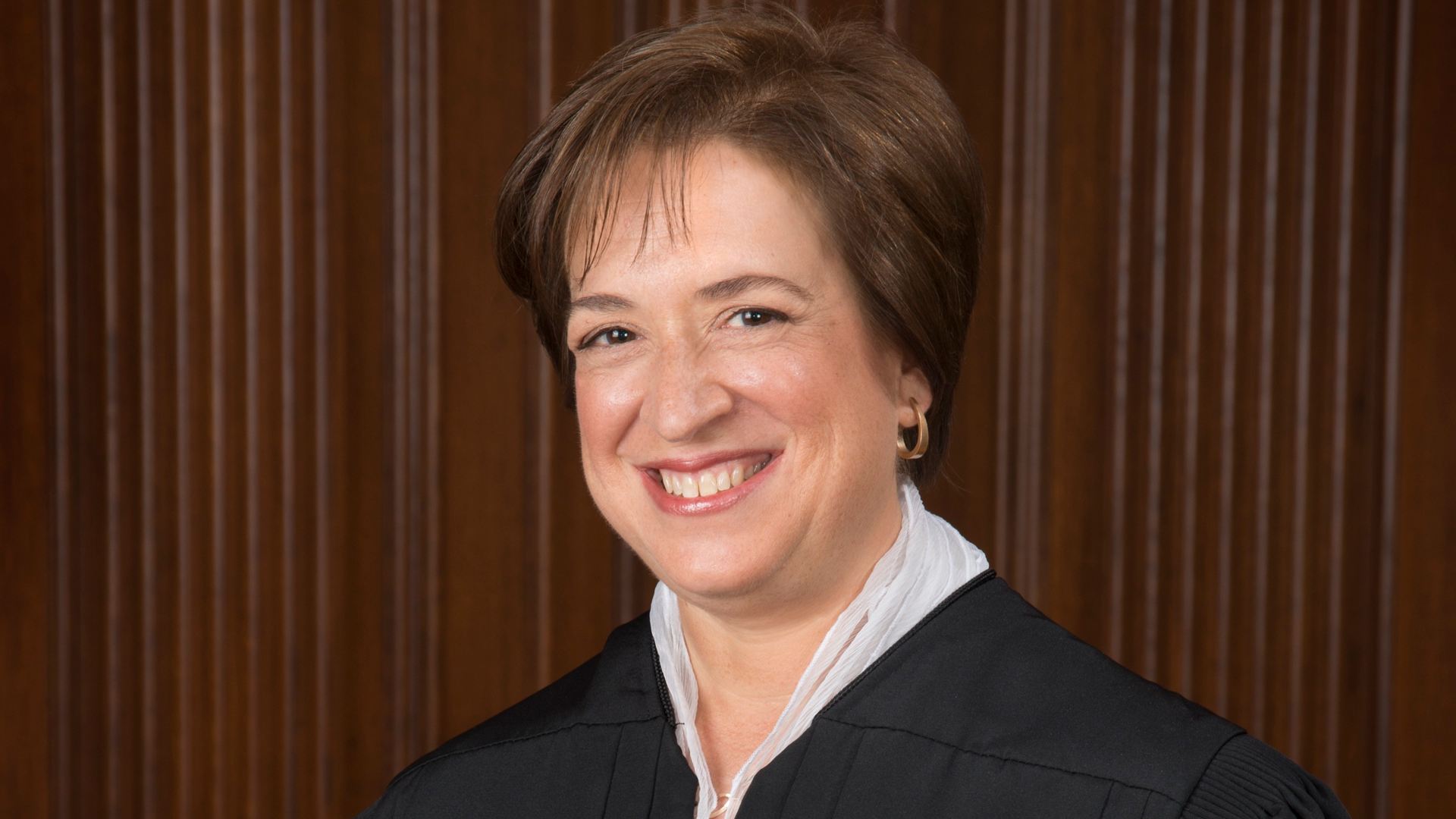
The three liberal justices on the Supreme Court weighed in on defense of the rights of homeless people in the city, making the case that forcefully preventing homeless people from making camp in public places violates basic human rights.
“Sleeping is a biological necessity,” said Justice Elena Kagan. “Presumably, you would not think it’s okay to criminalize breathing in public.”
Homeless Population
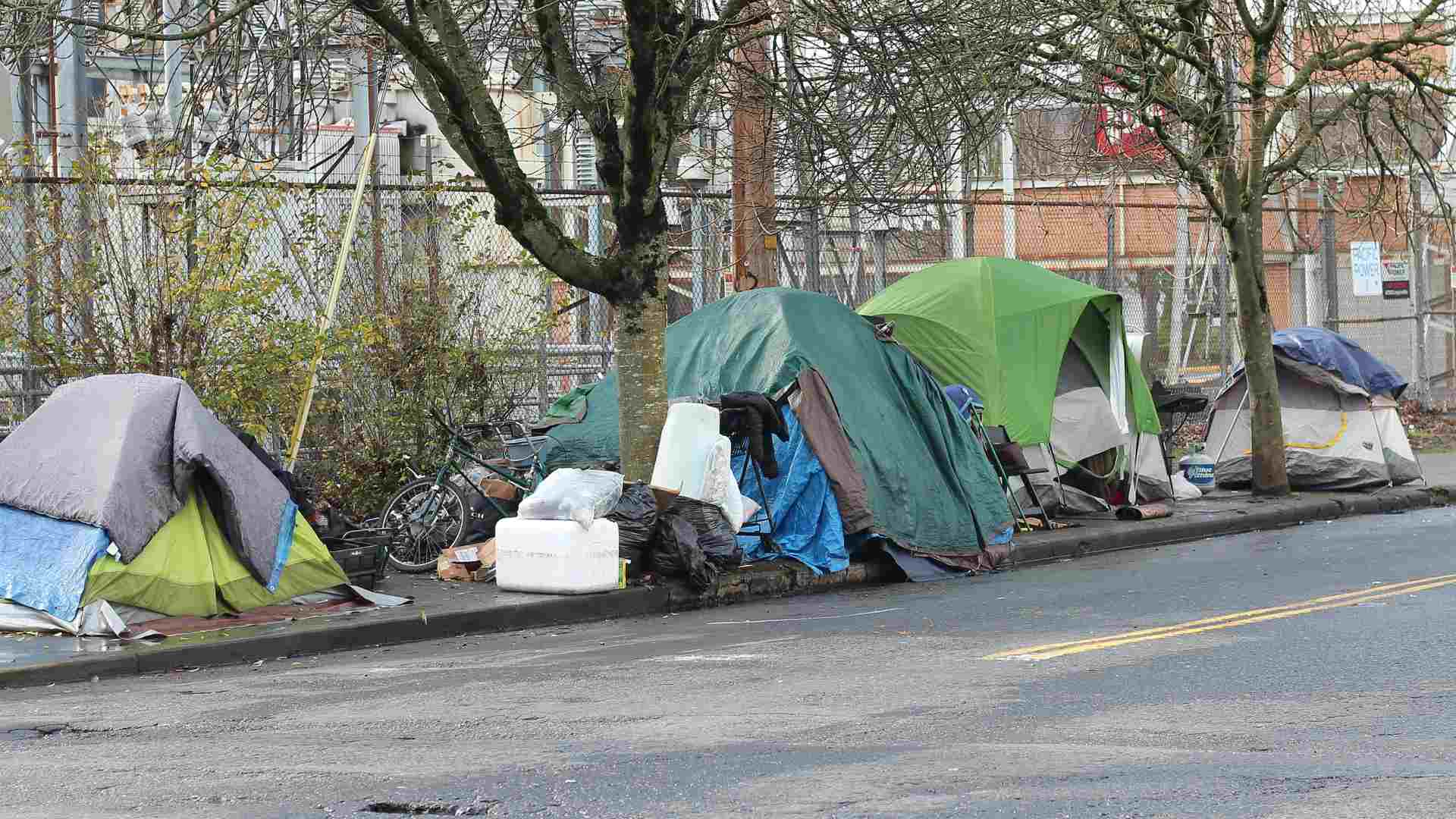
The western United States in places like California is home to nearly one-third of the entire country’s homeless population. Government officials in these areas want to have the ability to levy civil fines and ban homeless encampments in what supporters call “common sense” measures to keep public parks and sidewalks safe.
However, activist groups oppose such restrictions, saying they punish people in need of help and make the crisis worse.
Activists Protest
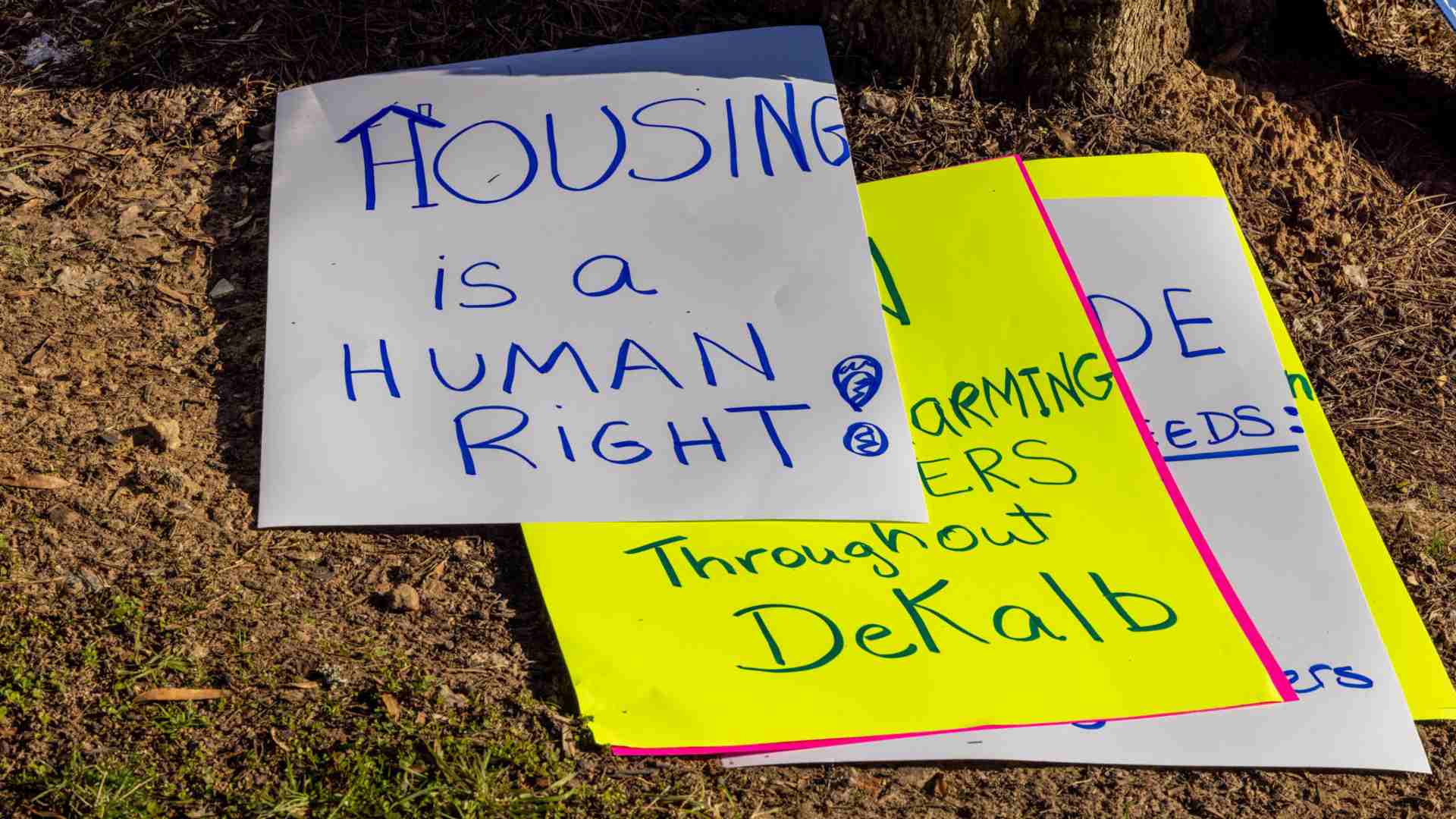
As the Supreme Court hears arguments about whether to allow such restrictions to be imposed in America’s cities, hundreds of protesters gathered outside the courthouse to demonstrate.
Protestors held up thermal blankets and signs that said things like “Housing not Handcuffs.” In addition to showing up at the courthouse, protestors also showed up by the dozens in American cities like Portland to protest and show their support for the homeless population.
